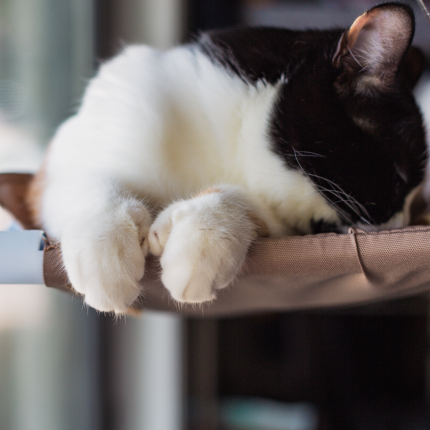Signs Your Cat Might Be Stressed
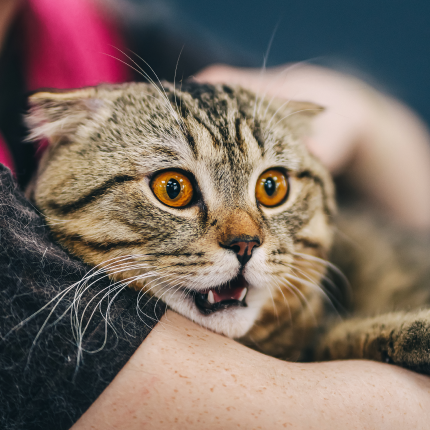
Our pets are integral parts of our families, offering companionship and love. But unlike humans, pets can’t always communicate their emotions clearly. Cats, in particular, are known for their ability to mask discomfort or distress. However, they do exhibit subtle behaviors that can indicate stress. Understanding these signs can help us provide better care for our feline friends.
Recognizing Stress in Cats
When a cat is stressed, it may exhibit various behaviors that signal its discomfort. One common sign is urinating outside the litter box, which can indicate territorial marking or litter box aversion. Territorial marking involves depositing urine or feces in socially significant areas, such as under windows or doorways frequented by other cats. On the other hand, litter box aversion manifests as urinating or defecating near the litter box or in hidden locations.
Body Language Cues
Cats communicate their stress through body language. Tense body posture, upright fur, stress-relieving behaviors like shoulder licking or head shaking, and tongue flicking are all indicators of stress. Familiarizing yourself with your cat’s typical behavior can help you recognize these subtle cues more easily.
Observing Interactions Between Cats
In households with multiple cats, observing their interactions can reveal signs of stress. Aggressive behaviors like raising paws, hissing, or blocking can indicate tension between cats. Monitoring these interactions allows you to intervene and alleviate potential stressors.
Hiding
When cats feel overwhelmed, they often seek solitude by hiding. This behavior serves as a coping mechanism, allowing them to retreat from stressful situations. Loud noises or crowded environments, such as parties, can trigger this response in cats.
Defensive Behaviors
Hissing is a common defensive reaction in cats, typically arising from fear or discomfort. When confronted with stressors, cats may resort to hissing as a means of self-protection. Understanding the underlying causes of their fear can help address these behaviors effectively.
Feigned Sleep
One of the more surprising behaviors observed in stressed cats is “feigned sleep.” In shelters, cats may appear to be sleeping while exhibiting tense body posture and occasional eye-opening. This behavior indicates underlying stress or anxiety despite outward appearances of relaxation.
Recognizing the signs of stress in cats is essential for promoting their well-being and addressing underlying issues. By understanding their behaviors and responding appropriately, we can create a supportive environment that minimizes stressors and enhances their quality of life. Paying attention to subtle cues and providing a safe, comforting space for our feline companions is crucial for maintaining their health and happiness.

Featured Articles
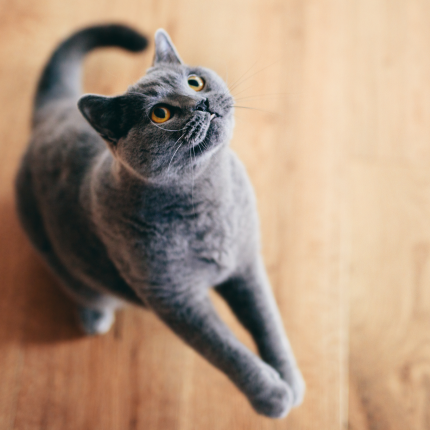
Greebles and Cats: The Origin and the Meaning
You may have seen an internet sensation concerning cats labeled “greebles.” Feel out of the loop? We’re here to help you. In 2019, Reddit user /user/literallyatree commented on a Reddit post about a cat that looks like it’s trying to slap a ghost. This user commented: “My family calls things…
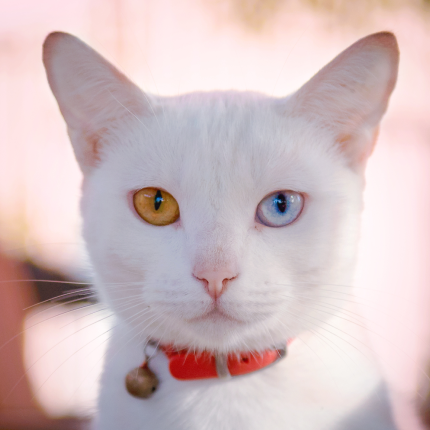
The Odd-Eyed Cat (AKA Heterochromia)
Cats are already beautiful and fascinating creatures, but people are bound to take notice when they have something as captivating as two different colored eyes. Odd-eyed cats always have one blue eye paired with either a green, yellow, or brown eye. This form of heterochromia occurs in other animals, including…
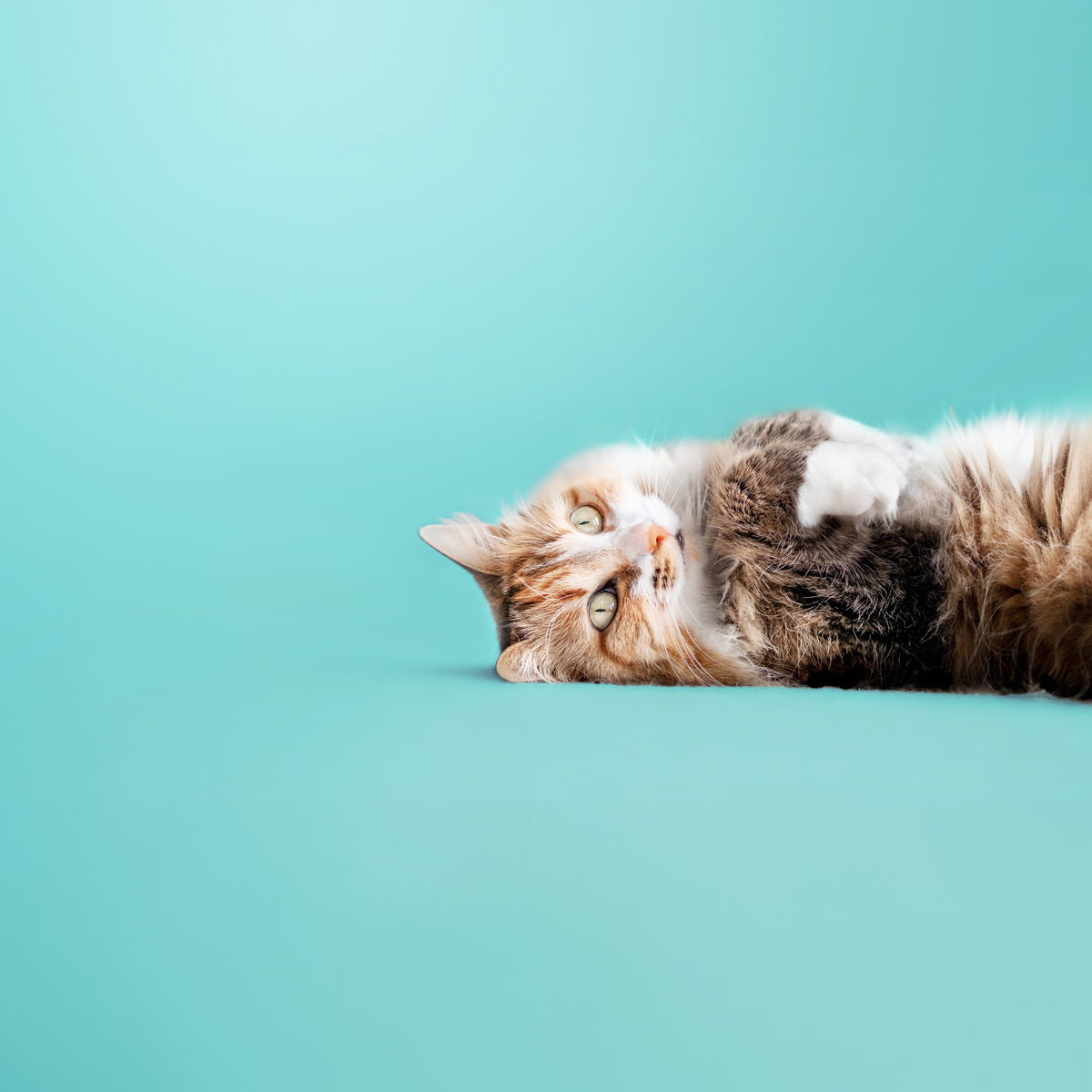
Why Do Cats Roll Over Into Their Backs But Not Let You Touch Their Bellies?
It’s common knowledge dogs love to have their tummies rubbed when they freely lay down before you and roll onto their backs. But, if you’re also familiar with cats, you know that when they roll onto their backs with their bellies exposed, rubbing the belly will most likely result in…
